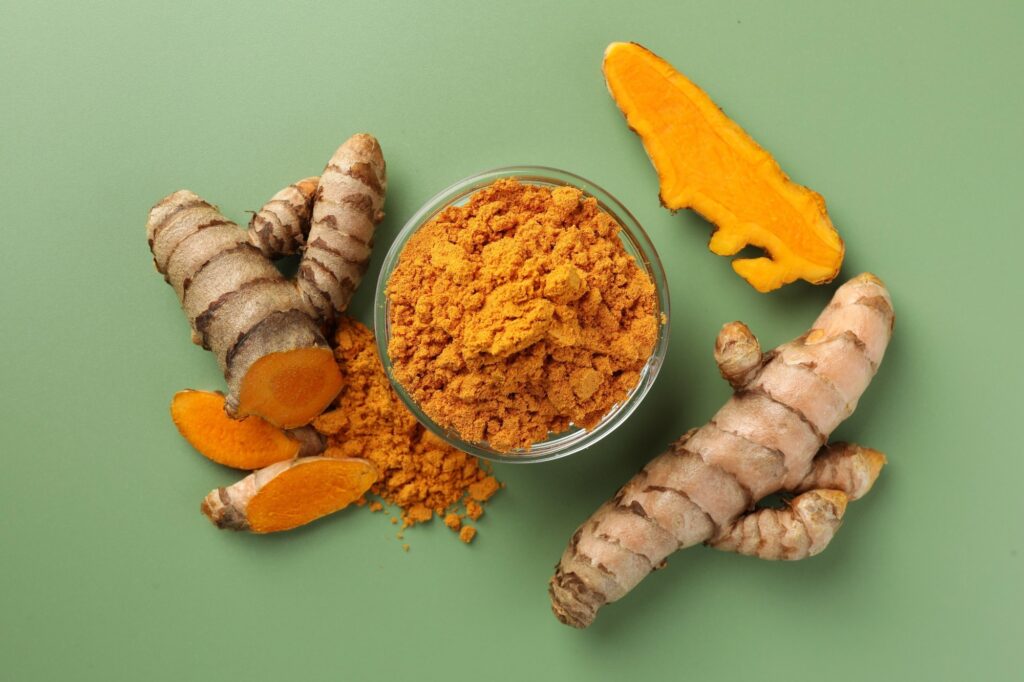Turmeric vs. Curcumin Supplements: Unlocking the Golden Root’s Health Secrets

Turmeric vs. Curcumin Supplements: Unlocking the Golden Root's Health Secrets
Turmeric, the vibrant “golden root” revered for centuries in Southeast Asian cuisine and traditional medicine, is gaining widespread attention for its potential health benefits. However, with a plethora of turmeric and curcumin products on the market, consumers are left wondering: which form is best?
Understanding Turmeric and Curcumin
Turmeric (Curcuma longa) contains over 200 compounds, with curcumin being the most potent. Curcuminoids, a group of compounds including curcumin, are responsible for turmeric’s distinctive yellow color. Supplements are produced by extracting these compounds from the turmeric rhizome.
Types of Turmeric and Curcumin Products
- Raw Turmeric: The unprocessed rhizome.
- Turmeric Extract: Concentrated form containing curcumin and other compounds.
- Curcuminoids-Enriched Turmeric Extract: Higher concentration of curcumin.
- Curcuminoids-Enriched Material: Isolated curcumin for maximum potency.
- Curcumin: Purified curcumin extract.
Health Benefits: Comparing Turmeric and Curcumin
While studies show mixed results regarding direct benefits from raw turmeric alone, its potential to enhance absorption when paired with ingredients like black pepper (piperine) is significant. Research indicates that curcumin may help alleviate inflammation and manage chronic conditions like arthritis, ulcerative colitis, and metabolic syndrome.
A study showed that consuming 1 gram of black pepper alongside 1 gram of turmeric with 50g of carbohydrates resulted in lower blood sugar levels, compared to eating the carbohydrates alone. However, a study involving 4 grams of turmeric daily showed no significant change in weight, waist circumference, or blood lipid levels.
Absorption: Which Form Works Best?
Research on absorption rates varies. Some studies suggest that curcumin alone has low bioavailability, necessitating supplements with absorption enhancers. Others indicate that turmeric’s natural compounds may enhance curcumin absorption.
A study showed that turmeric powder and fresh turmeric resulted in higher blood curcuminoid levels than curcumin powder when eaten with mashed potatoes and cream, with turmeric powder showing the highest levels. This study used a large amount of turmeric, which would be hard to consume daily.
Choosing the Right Option [SEO: Turmeric in Diet, Curcumin Dosage, Natural Supplements]
- For general health benefits, incorporate turmeric into your daily diet in moderation.
- For targeted health issues, consider curcumin or turmeric supplements with high curcuminoid concentrations.
Risks and Considerations
While generally safe, high doses of turmeric or curcumin may lead to side effects such as headaches, rashes, nausea, and liver toxicity. Turmeric can also interact with blood thinners. Consult a healthcare professional before starting any turmeric or curcumin supplement.











